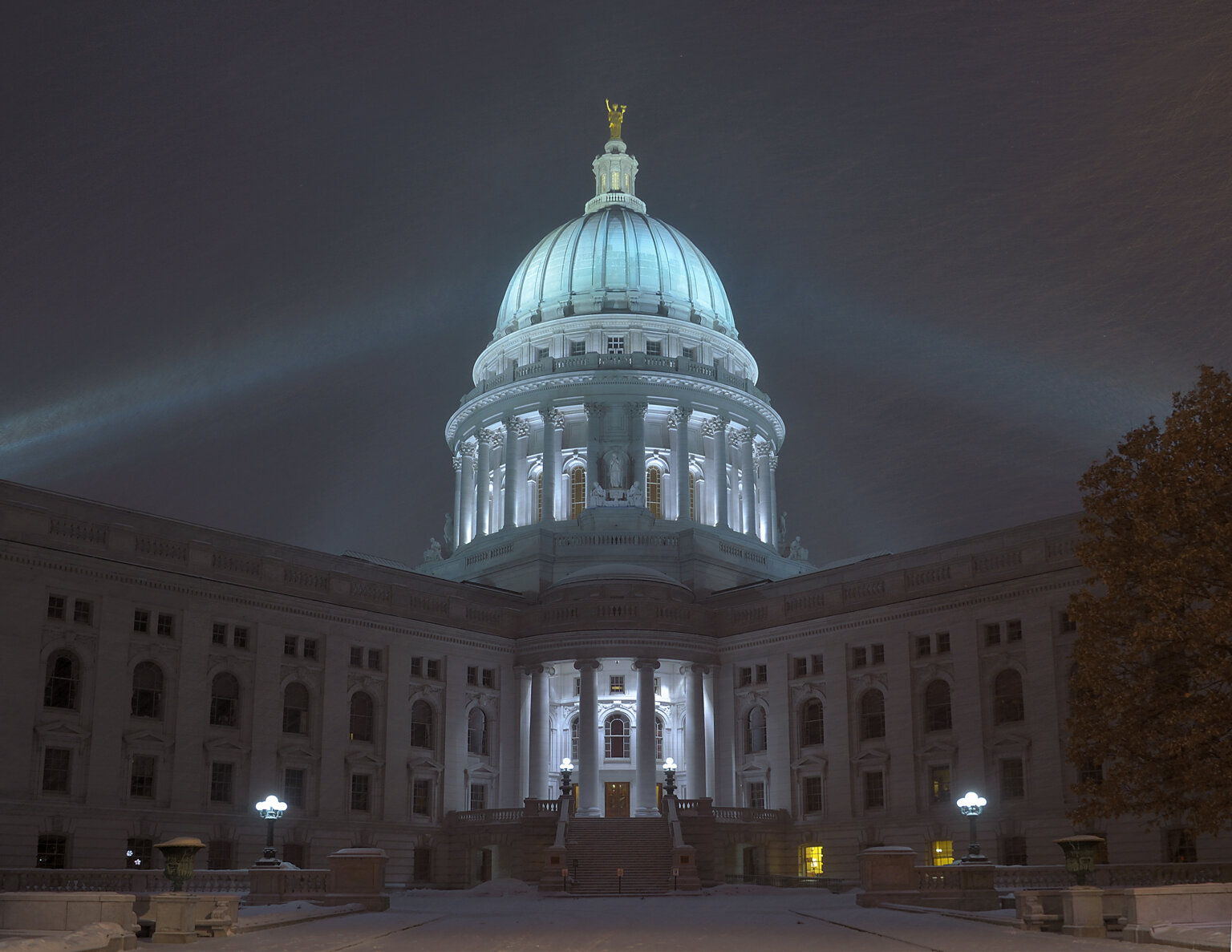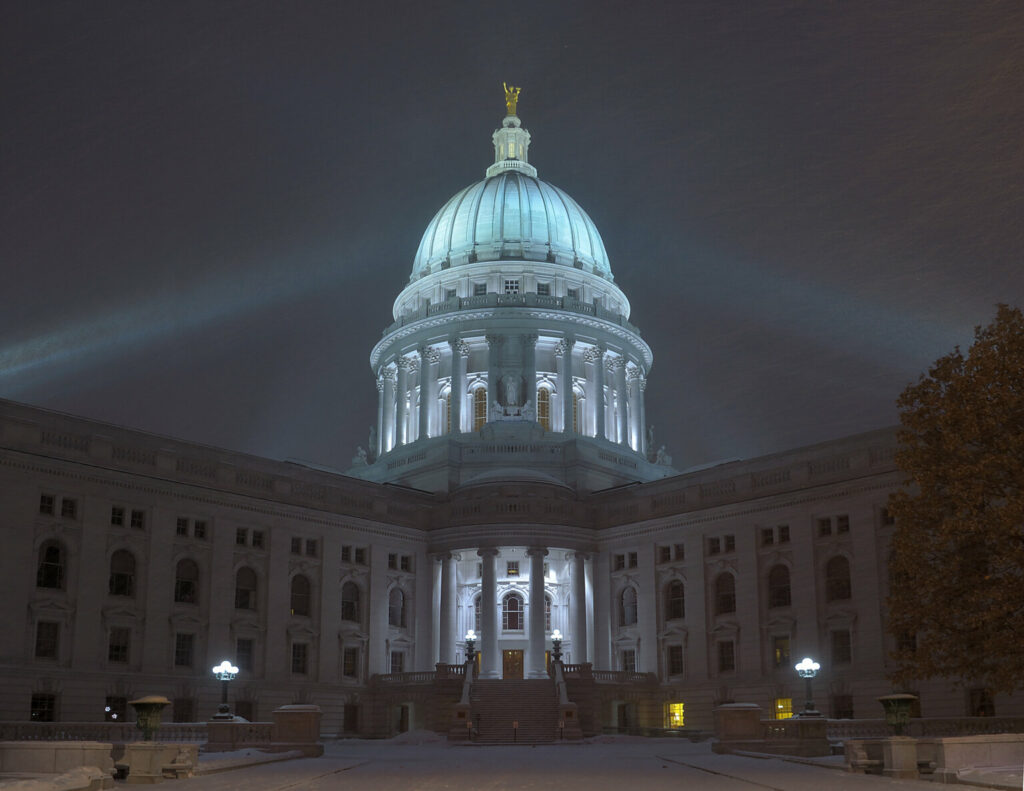
Legislative Ratemaking: Legal “Squeezing”?
Branko Terzic & R. Bruce Williamson
A recent Politico article titled, “Squeezed by Trump, blue states try squeezing utilities in return” (https://www.politico.com/news/2025/04/15/democrats-utility-profits-00289590) states that “Democratic lawmakers are pushing to limit utility profits as they seek to address voter affordability concerns and fend off criticism over the costs of clean energy policies.”
The example was given that Rhode Island state Rep. Megan Cotter has introduced a bill that would cap electric utility return on equity at 4% compared to a national average in 2024 of 9.7% per year.
There is some irony in the fact that Democratic majority legislatures in at least 5 New England states including Rhode Island found ways over the last dozen years to have ratepayers pay for subsidized renewable energy projects without much concern about affordability.
That matter aside, my question to the regulatory lawyers and legislative advisors is whether long-standing U.S. Supreme Court rulings on utility rate making apply as much to the State regulatory agencies as the State legislatures? You would certainly think so.
State public utility commissions were established in the early 20th century to serve as independent expert agencies, prepared to “scientifically” determine a utility’s cost of service, based on cost of capital and the associated return on equity.
Over time, the U.S. Supreme Court found it necessary to clarify the standards for how utility rates are to be determined based on the “Takings Clauses” of the 5th and 14th Amendments to the U.S. Constitution. The Takings Clause of the Fifth Amendment to the United States Constitution reads as follows: “Nor shall private property be taken for public use, without just compensation.” Private property rights include the right to the income from the property.
The 5th and 14th Amendments also contain the Due Process Clauses which prohibit states from depriving any person of life, liberty, or property without due process of law.
In the period from 1898 to 1944, the U.S. Supreme Court in Smyth v. Ames (1898)[1] required that rates be based on the “fair value” of utility assets. As the 1898 Court put it, “What the company is entitled to ask is a fair return upon the value of that which it employs for public convenience.” That ruling established the “fair value” rate base method, and meant that between 1898 and 1944 state PSCs and the Federal Power Commission had to use “fair value” rate base and apply the market required cost of capital.
[1] 169 U.S. 466, 546.
In 1944 the U.S. Supreme Court in Federal Power Commission v. Hope Natural Gas[1] changed the standard for rate making and set aside the older “fair value” method. The Court said: “Under the standard of ‘just and reasonable’ it is the result reached not the method employed which is controlling.” The Court went on to list what the desired “result” of rate making would be. The Court said that any rate setting method is approved which recovers all the utility costs and results in a financially healthy utility being able to raise capital in markets. In the new era with auditable accounting practices in place, the Court allowed the use of “Book cost” as rate base, but still required that regulation allow an adequate rate of return to attract capital.
In fact, this ruling later allowed the Federal Energy Regulatory Commission ( FERC, the FPC successor) to approve wholesale electric prices if they resulted from FERC regulated markets (either RTO or ISO) without an inspection of individual power plant cost of service.
But back to our Rhode Island legislator. Does anyone else wonder if the passage of state laws intended to limit utility profitability would pass the Supreme Court’s Hope test for “takings” or the “due process” clauses?
Note from Branko:
The legislator’s confiscatory enthusiasm reminds me of my time in Russia in 2001. I was providing training to local staff on the valuation of electric utility assets. The Russian Federation was contemplating privatization of the national electric company RAO UES. In anticipation of the sale to a private entity, a new law had given their Federal Energy Commission the full authority to set electric rates for RAO UES. Based on my review of the new law, it had been written with help of Western regulatory experts. Unfortunately, when it came time to set new rates the members of the Russian National Assembly (the Duma), decided that retail rate setting was too sensitive for an independent regulator and that Duma members should vote on the level of the new rates. For that and other reasons the notion of privatization was abandoned. Any private sector owner/operator of the county’s main electric utility would never earn enough to be on a sound financial footing if legislators were to run the utility.
[1] 320 U.S. 591
The Honorable Branko Terzic is a former Commissioner on the U.S. Federal Energy Regulatory Commission and State of Wisconsin Public Service Commission, in addition to energy industry experience was a US Army Reserve Foreign Area Officer ( FAO) for Eastern Europe (1979-1990). He hold a BS Engineering and honorary Doctor of Sciences in Engineering (h.c.) both from the University of Wisconsin- Milwaukee.
Dr. R. Bruce Williamson served as Commissioner (2015-2021) on the State of Maine Public Utilities Commission and was active with the National Association of Regulatory Utility Commissioners (NARUC). As a Commissioner he served on the Executive Board of the Regional Greenhouse Gas Initiative, Inc… as well as on the Executive Board of the New England Conference of Public Utilities Commissioners, the Research Advisory Council for the Electric Power Research Institute (EPRI), and Vice-Chair of the Federal Communication Commission’ North American Numbering Council (FCC-NANC)
Bruce holds a PhD in Economics from the University of New Mexico, a Master’s degree from the Korbel School of International Studies University of Denver, and a Bachelors from Cornell University.
#BrankoTerzic #energy #regulations #experience #research #future #opportunity #strategy #management #people #electricity #power #utilities #renewables #RenewableEnergy #energysector #powergeneration #energyindustry #powergrid #power #electrical #electricalgrid #solarenergy #engineering #powerlines #powerdistribution #substation #powerplant #powersystems #electricalengineering #cleanenergy #powersector

